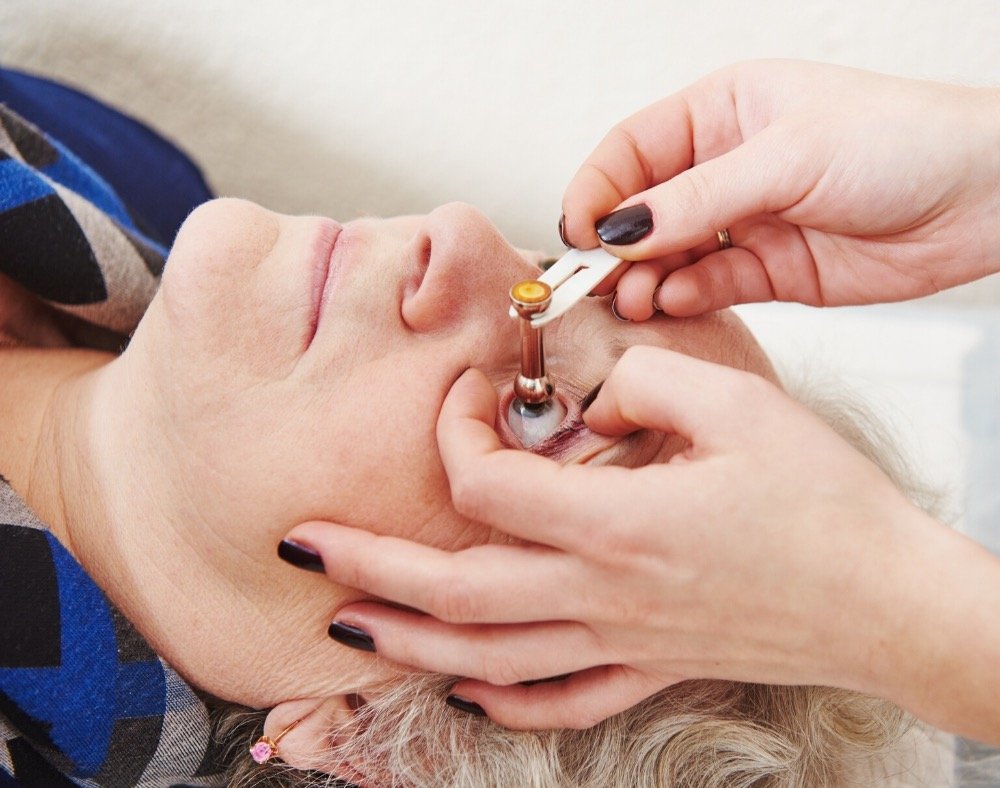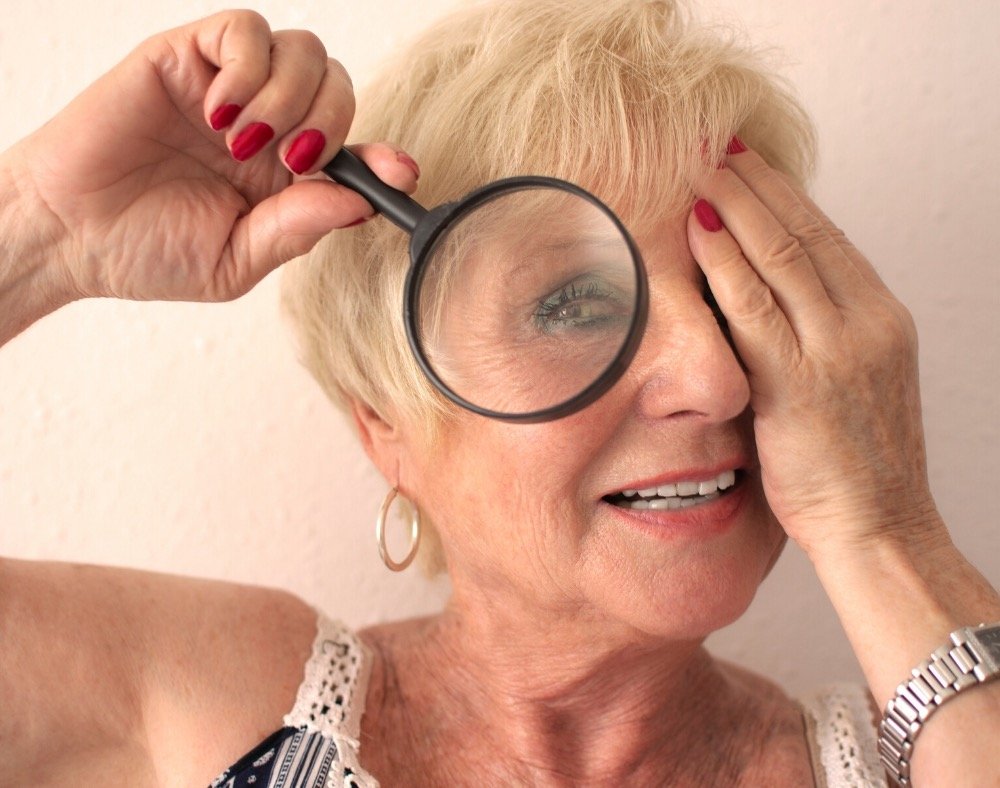When talking about how dementia affects a person’s life, it is important to touch on one crucial topic, which is dementia and eyesight.
In addition to causing multiple changes in the brain, dementia also affects how the brain processes information the eyes deliver as well as how the eyes see.
This implies that some behavioral changes in people with dementia may be as a result of vision changes.
Five common changes that happen to the eyes when a person has dementia explained below.
How Vision Changes With Dementia
1. The Field of Vision Becomes Narrow

One of the changes that occur when a person has dementia is the fact that the field of vision becomes narrow.
This is common with old age because, by the time a person is in their mid-70s, the normal vision peripheral reduces a little so that a person does not notice or see as much as they were able to when they were younger.
With dementia, the field of vision narrowing is not the same as what happens when a person becomes older.
The disease causes the field of vision to decrease by about 12 inches.
Experts compare this to a person who wears binoculars. It is not possible to move about normally when you are putting on binoculars.
2. Blurring

A person with dementia may not be able to see things as sharply as before because the illness causes them to experience blurring.
Because of this, everyday and familiar objects become more challenging to recognize.
3. The brain does not Effectively Process Information from the Eyes

Worth noting when talking about dementia and eyesight is that someone with the illness may find it challenging to see the things that are in front of them.
This normally happens as the disease advances, and the brain starts shutting down information that comes from the eyes.
At some point, the brain finds the details from the eyes overwhelming; thus, it cannot begin processing the information.
When this happens and you have dementia, you may be forced to only see through one eye.
As a result, you will end up losing perception of depth where you can’t tell if something is two or three-dimensional.
This makes it difficult for an individual to know different things like whether they are looking at a picture of an apple of the real fruit, whether there is a print on a fabric, or whether there is an object on a surface.
4. Pupils React to Light Slowly

Persons with dementia and eyesight problems may also have slow reactions to light that makes it difficult for them to move from a light to a dark space and vice versa.
Going out when it is sunny can also be an overwhelming experience.
5. Changes That Don’t Make Sense to “Healthy People”

When it comes to the effects of dementia on eyesight, you may start seeing a person doing things that you consider strange.
For instance, a person may be trying to flip something in the air.
While this may not make sense to you, the person with the illness may be thinking that they are switching on the lights because the switch appears to be closer than it is.
Because the persons with dementia lack the perception of depth, they will respond to the world as they see it in the best way they know-how.
Causes of Vision Problems in People with Dementia

There are several reasons thousands of people with dementia will experience issues with vision, such as:
- Development of eye conditions like macular degeneration and cataracts
- Health conditions like stroke
- Dementia itself
- Normal aging of the eyes
The above causes damage to the visual system which can lead to sight loss.
Symptoms of Eyesight Issues for People with Dementia

People with dementia can exhibit certain symptoms that show they have problems with their eyesight. This is where they can have challenges with things like:
- Reading
- Avoiding obstacles
- Recognizing familiar faces
- Finding personal items
- coping with bright lights, dim lights or both
- Seeing well even when they have glasses
- Locating food on plates
To confirm that the symptoms are a result of dementia, a person with the neurodegenerative illness needs to go through eye-tests.
Eye-specialists can adapt the eye tests for individuals with dementia if need be to get the proper results.
Coping with Dementia and Eyesight Problems

A person with eyesight issues because of dementia is likely to experience more problems with mobility, expansive disorientation, and increased risk of falls.
They may also have increased problems communicating, learning new tasks, lack of motivation, and the need for more social isolation.
Some of the tips caregivers can work with to make the people with dementia as comfortable and productive as possible include:
Taking care of the eyes
The suffering individuals and their carers need to make the most of the individual’s sight.
This means having regular eye rests and making sure that if a person wears glasses, they are correct, current, and clean at all times.
Making adjustments to the environment
This might need simple projects like improving the lighting, keeping areas clutter-free and familiar, as well as the use of contrasting colors. In short, making a dementia-friendly home.
You might also have to go the tech-way and use equipment like audio labels and automatic lights.
Enhancing communication techniques
This might include speaking clearly to a person who has dementia and eyesight issues.
You may have to introduce yourself when talking to the person, practice patience as they try to figure out what you are saying, and even using pictures and charts for ease of communication.
Extra help
When you are at a loss of how to help, there are numerous resources online as well as support groups where you can get ideas on how to move forward without harming the person with dementia.
Professionals like occupational therapists and visual rehabilitation workers can also offer help.
Closing Thoughts
A person may become more confused and fearful when suffering from dementia and eyesight problems.
Their behavior might also change because of the alterations happening in the brain.
It is important to accord people with illnesses as much support as possible so that they can live long quality lives.

